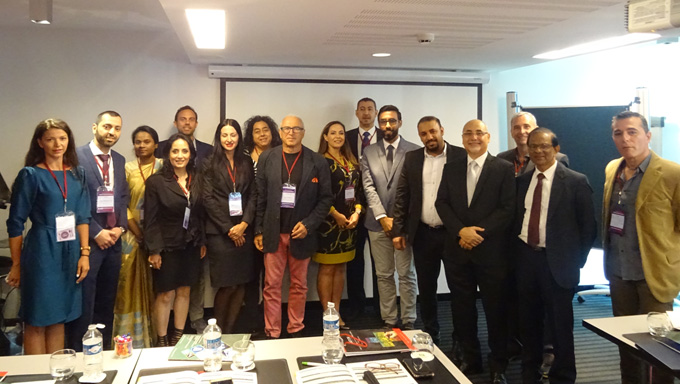
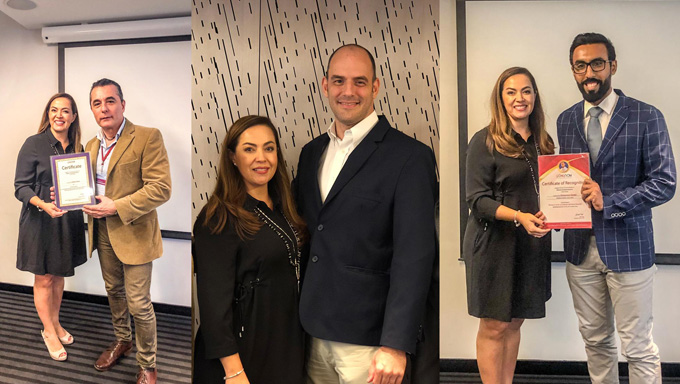
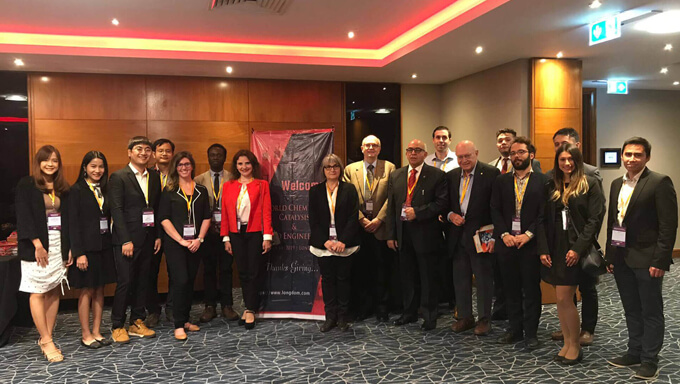
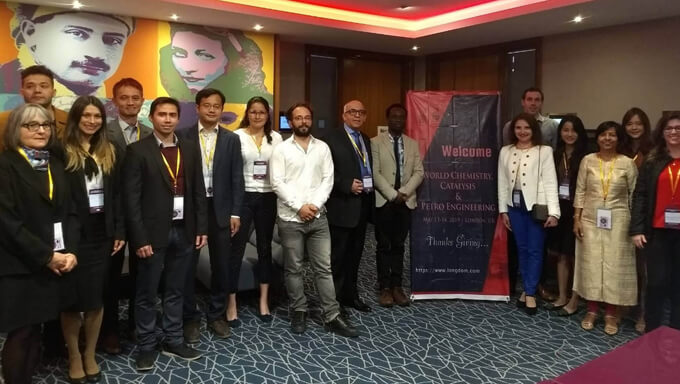
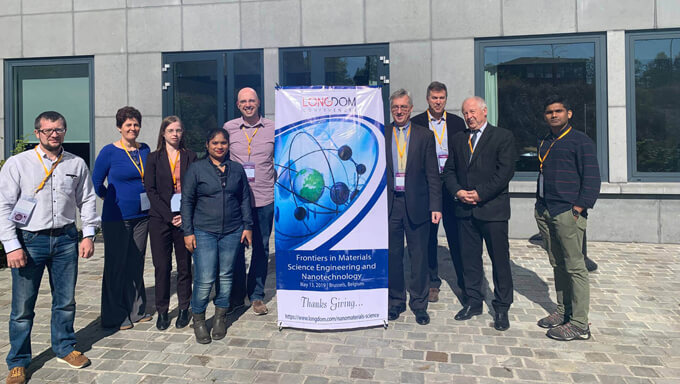
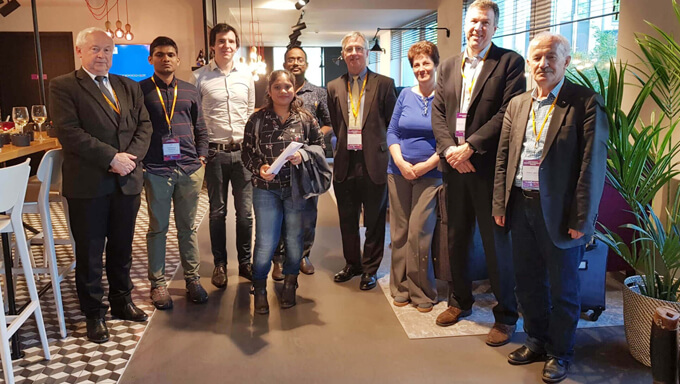
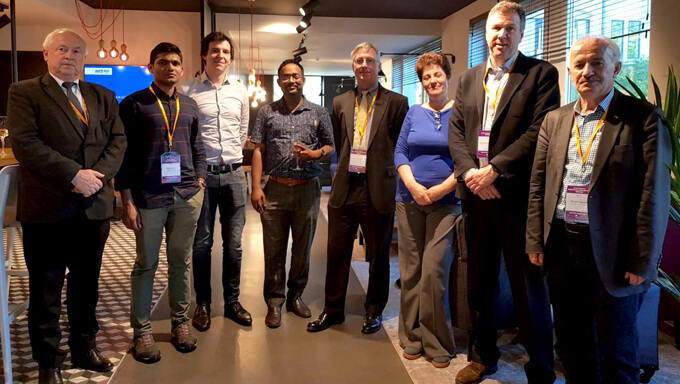
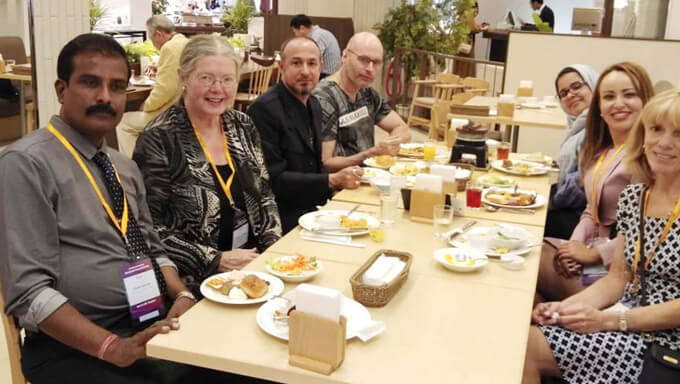
Gastroenterology is the branch of medicine focused on the digestive system and its disorders.
Diseases affecting the gastrointestinal tract, which include the organs from mouth into anus, along the alimentary canal, are the focus of this speciality.
Physicians practicing in this field are called gastroenterologists.
They perform endoscopic procedures, in which they use specialized instruments to view the GI tract and make a diagnosis. They don’t perform surgery. In some cases, they may work closely with a GI surgeon. They primarily work in clinic or hospital settings.
Celiac disease is an autoimmune condition that involves the immune system reacting to gluten. Gluten is a general name for a group of proteins in cereals such as wheat, barley, and rye.
In a person with celiac disease, exposure to gluten causes inflammation in the gut. Repeated exposure gradually damages the small intestine, which can lead to problems absorbing minerals and nutrients from food.
The only way for someone with celiac disease to avoid the symptoms is to keep gluten out of their diet.
Inflammatory bowel disease (IBD) is an umbrella term used to describe disorders that involve chronic inflammation of your digestive tract. Types of IBD include:
An endoscopy is a procedure of medicine which is used to look inside the body, that is insertion of a long , thin tube directly into the body to observe an internal organ or issue in detailed manner.These are inserted into the openings of the body such as the mouth or anus.
Pediatric gastroenterologist tract children who have problem with digestive system, liver and nutritional problem. These gastroenterologists treat the children from newborn through teen years . In These pediatric gastroenterology ,the principal diseases is concerned with acute diarrhea, persistent vomiting, gastritis, and with the development of the gastric tract.
ERCP is a technique combining endoscopy with fluoroscopy for diagnosing and treating certain bile or pancreatic system problems. Through the endoscope, the doctor can view the inside of the stomach and the duodenum and inject x-rays into the gallbladder ducts and the pancreas.
ERCP is primarily used to diagnose and treat conditions of gallstone, stringent inflammatory conditions (caries), leakage (trauma and surgery) and disease in mainly the bile ducts and the pancreas.
The gastrointestinal diseases requires pharmacological treatment ant that are divided into 2 categories- the prescription drugs and Over the Counter (OTC) drugs. Gastrointestinal drugs are prescribed based upon the diagnostic results yielded during the haematological or imaging tests. Many common diagnosis is done through endoscopy. These therapies are recommended based on gastrointestinal tract disorders, gastrointestinal tract walls disorders, gastrointestinal motility disorders, gastrointestinal cancers.
We let our ground-breaking work and our amazing clients speak for us…… LONGDOM conferences